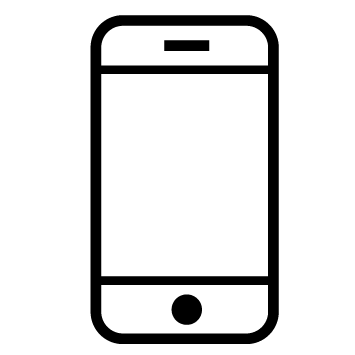Sustainable product development
Everyone has a responsibility for the environment and can do something. At Dalelven, we contribute to sustainability by continuously working with it as an important part of our development projects.
No one can do everything, everyone can do something
Today, the product’s environmental impact is an important part of product development. Sustainable products are a core business value and one of the most important selling points these days. Both new regulatory requirements and increased customer demands for sustainable products will reduce the market for products that are not sustainable, so let’s start today.
How does Dalelven work with sustainable product development?
For Dalelven, sustainable product development means that we develop products that are both environmentally and financially sustainable. We minimize the product’s negative impact on the environment, while the product still meets demands for innovation, design, function, quality and costs.
We look at the product’s environmental impact throughout its entire life cycle, from materials and manufacturing to transport, use, recycling, and final waste disposal.
At Dalelven, we continuously work with sustainability throughout the entire development phase, from start to finish. In fact, whether a product is sustainable or not is already defined in the initial concept and design phase of a project.

Sustainable products
Choice of material
The material affects the product’s environmental impact during its life cycle. Use recyclable non-toxic material. Avoid composite materials, which are more difficult to recycle.
Reusing and recycling
Design for reusing and recycling. Maybe modular products which can be easily upgraded or repaired. Composite materials and components must be easy to separate for recycling.
LCA
LCA (life cycle analysis) is used to assess a product’s total environmental impact during its life cycle, from raw material to final waste. It is used to identify potential environmental issues at each stage. It provides important information for developing more sustainable products.
User data
User data can be used to develop sustainable products. Data from users shows how the products are used in real life and how they can be improved. It contributes to developing products that are sustainable in the long term because they are adapted to real needs and user patterns.
New technology
New technology can be implemented in the development of sustainable products. Such as sensors for demand-controlled products, low-energy components or charging using ambient light. New technology for production, transport and recycling also affects the product’s environmental impact. There is continuous development of new, lighter, stronger and recyclable materials with less impact on the environment.
Production
Renewable materials and energy sources should preferably be used. Spillage must be minimized and recycled as far as possible. The production site must be localized so that transport for deliveries to the production and then to the market is as short as possible. There is also an ethical responsibility to use producers with good working conditions for their staff.
Transportation
The environmental impact is affected by the fact that we use environmentally friendly transport, such as vehicles with environmentally friendly fuel or using trains and boats instead of trucks. Products must be as light as possible with packaging that is compact, recyclable and designed to use the transportation space efficiently, e.g. for stacking on top of each other. Transportation distances must be optimized from the extraction of raw materials until the final product reaches the customer.
New sustainable business models
For product-owning companies, sustainable products open up new possibilities for new business models, which can mean both large and small changes for companies and customers.
- How do we reuse, recycle, repair, or upgrade the products?
- Can the customers themselves upgrade the product with new functionality or replace wear parts?
- Should the customer lease the product instead of owning it?
- How can we reduce the environmental impact of our transport for materials, components and finished product?
Many companies introduce new business models where they take care of the products life cycle. It requires a new mindset for both product-owning companies and customers.
What does Dalelven offer?
Dalelven offers services within design and development, where our strengths are in mechanics, electronics, software, prototypes, testing and production. Everything is done in-house and tested with advanced systems. All in our very own Prototype & Test Centre.







